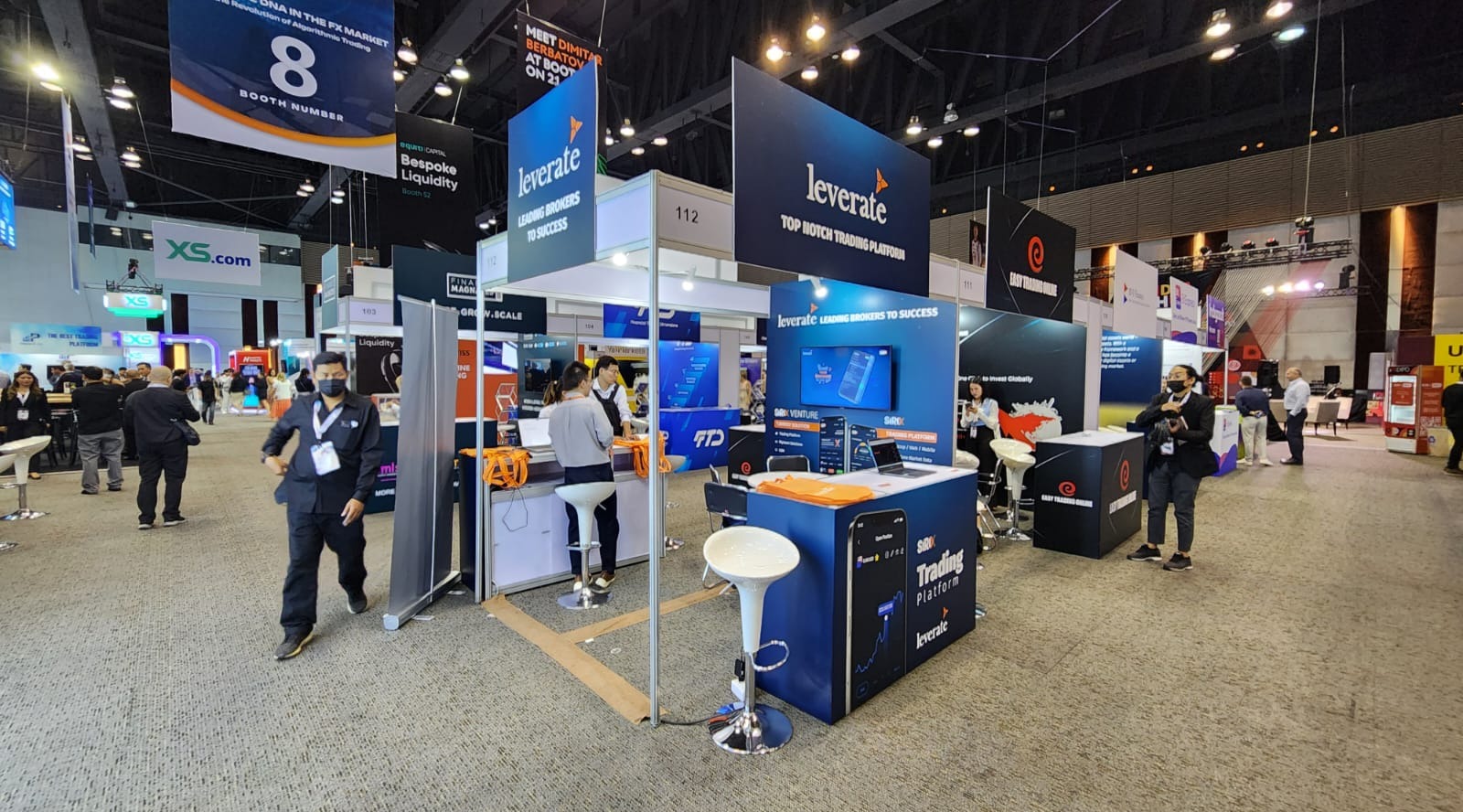bunq, the second-largest neobank in the European Union, continues to rapidly grow its user base across the continent. The challenger bank now boasts nine million registered users and holds over €4.5 billion in user deposits. The growing interest in the company's offering shows that the younger generation of consumers and investors is looking for more flexible solutions that are accessible anywhere.
bunq Reports Rising User Base and Deposits
As one of the first European neobanks to achieve profitability, bunq expanded its user base from 5.4 million to 9 million in just over a year. The firm attributes 50% of its revenue to user contributions through channels, such as subscription fees and interest income. In the last four months, user deposits have doubled and are currently standing at €4.5 billion.
Aimed at digital nomads and millennials, the company announced the launch of cashback and savings interest in multiple currencies. "Bringing up to 2% cashback to Europe is very exciting! On top of that, we're introducing new savings accounts that give you up to 3.71% of interest!" Ali Niknam, the Founder and CEO of bunq, commented.
A neobank, often referred to as a challenger bank, is a direct bank that operates exclusively online without traditional physical branch networks. Neobanks, part of the broader fintech movement, seek to leverage technology to improve financial services. By operating online, these banks can offer certain advantages over traditional banks, such as lower fees, better customer experience, increased accessibility, and innovative features.
As mentioned above, bunq was one of the first European neobanks to become profitable. In the fourth quarter of 2022, it generated a pre-tax profit of €2.3 million. This achievement came ten years after the start of its first operations.
In July 2021, the Dutch challenger bank raised €193 million in a series A funding round led by the British private equity firm, Pollen Street Capital. According to the official announcement, the funding was at that time the largest series A funding round for a European fintech company. Furthermore, bunq's Founder and CEO, Ali Niknam, participated in the round with an investment of approximately €25 million.
Neobank Wants to Debut in the US
In April, the Dutch neobank announced its plans to enter the United States market. The company has formally applied for a banking license with the Federal Deposit Insurance Corporation (FDIC) in the state of New York.
The neobank aims to cater to a specific customer segment consisting of 5 million European expatriates and businesses residing in the United States. This particular customer base has been selected due to the banking challenges faced by this group in the US.
In recent years, challenger banks have experienced significant growth, especially among tech-savvy younger generations who value flexibility and convenience. Notable neobanks, such as Chime, Revolut, Monzo, and N26, have emerged as prominent players in this space. N26, in particular, achieved a valuation of $3.5 billion in 2020 following a successful $100 million Series D funding round . As of October 2021, the valuation rose to $9 billion. Despite this rapid growth, recent data indicates that the neobanking phenomenon is losing momentum. N26's valuation has experienced a decline of $6 billion in just two years.
bunq to Launch New Features
At the recent bunq Update 23 event, the company announced new features designed to help location-independent users save money and reduce their environmental footprint.
bunq has become the first EU neobank to launch high cashback payouts, allowing users to earn money while spending. The bank will offer 1% cashback on food and drink to all users with Easy Money and Easy Green plans and 2% back on public transportation to all Easy Green users.
Additionally, in pursuit of a borderless banking experience, bunq will allow users to save and earn interest in multiple currencies, providing 3.71% interest on USD and GBP. The neobank's business users will receive 2.3% interest on the same currencies.
To further its sustainability efforts, bunq is introducing a feature that allows users to track the CO2 footprint of their purchases. The bank is partnering with Veritree, a data-driven restorative platform, committing to planting at least 5 million trees annually.


















